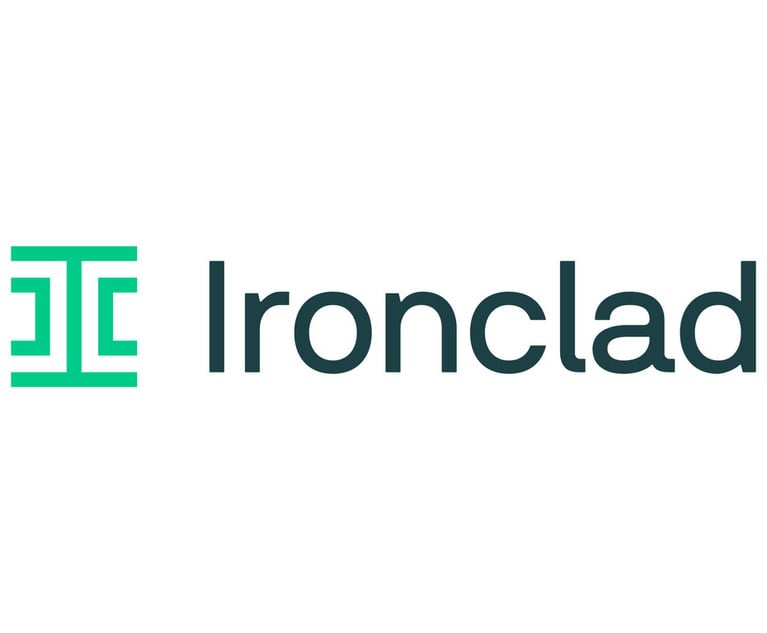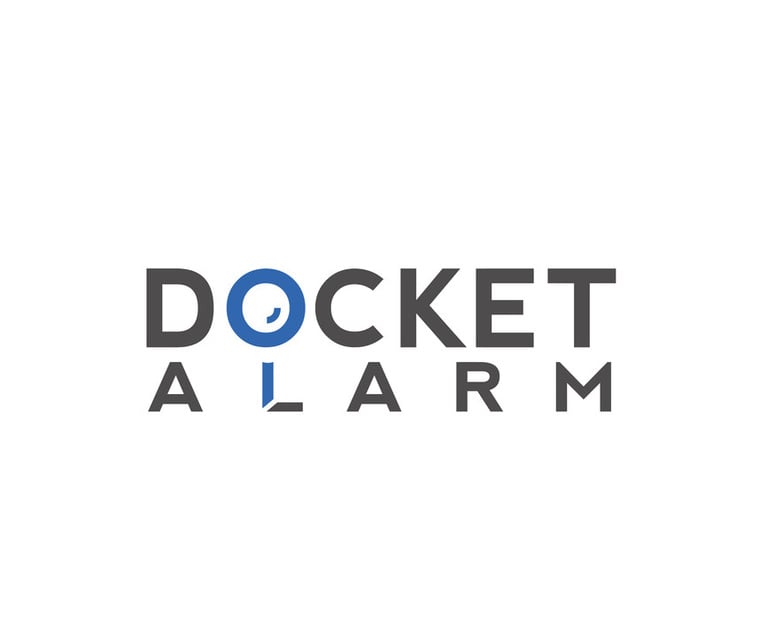- The AI Verdict
- Posts
- US and EU partner to enhance AI use in various sectors; European Council adopts Common Position on AI Act; Ironclad launches redlining tool using GPT AI model; Docket Alarm integrates GPT-3.5 for AI-generated document summaries.
US and EU partner to enhance AI use in various sectors; European Council adopts Common Position on AI Act; Ironclad launches redlining tool using GPT AI model; Docket Alarm integrates GPT-3.5 for AI-generated document summaries.

U.S. & EU partner to enhance A.I. use in agriculture, healthcare and more
The US and European Union have announced a partnership to enhance the use of A.I. in agriculture, healthcare, emergency response, climate forecasting, and the electric grid.
This is the first comprehensive A.I. agreement between the two regions, with previous agreements only covering specific areas such as privacy.
AI modeling will be used to improve government operations and services. The agreement allows for joint models to be built while keeping data in its respective regions.
The partnership will give governments more access to detailed and data-rich A.I. models, leading to more efficient emergency responses, electric grid management, and other benefits.
The agreement is currently between the White House and the European Commission, with other countries expected to join in the future.
A closer look at the European Council's A.I. Act, preparing for compliance
The European Council adopted its Common Position on the A.I. Act in December 2022, which marks a milestone in the EU's path to comprehensive regulation of A.I. systems.
The AI Act categorizes systems based on risk, has a broad extraterritorial scope, and imposes prescriptive requirements on high-risk systems. Companies along the A.I. value chain need to pay attention to the legislation regardless of their location. The Council has revised the definition of A.I. systems and narrowed the scope of the A.I. Act with several exemptions, including the use of A.I. systems for scientific research and development and non-professional purposes.
The EU's A.I. Act proposal expands the categories of prohibited AI uses and now bans behavior manipulation exploiting social and/or economic situations and social scoring by private actors.
The AI Act classifies certain A.I. uses as high-risk and subjects them to detailed requirements, including risk management systems and cooperation with other providers. The legislation also delegates the responsibility of determining how to apply the requirements to general-purpose A.I. systems to the Commission.
The A.I. Act provides exemptions for national security and law enforcement uses of A.I. and expands regulatory support for innovation through regulatory sandboxes and other support mechanisms.
Ironclad launches redlining tool using GPT A.I. model
Ironclad has launched A.I. Assist, a tool for rapidly redlining contracts using the GPT-3 AI model.
A.I. Assist is currently in beta form and makes redline suggestions based on preapproved clauses and language guidelines configured in Ironclad's A.I. Playbooks.
AI Assist automatically resolves issues in contracts and can also help users make custom changes to their contracts using prompts.
Using the GPT-3 AI model, A.I. Assist can not only redline contracts, but also answer prompts that may not have been included in the playbooks.
The model will continue to get better as more prompts are submitted into A.I. Assist. The launch of A.I. Assist is part of a larger trend of legal tech companies using generative AI in legal work.
Chat GPT 3.5 powers new A.I. generated document summaries
Docket Alarm, a federal and state court docket browsing tool owned by Fastcase, has integrated GPT-3.5 into a new feature that generates document summaries.
The new feature provides users with an automatic, three-bullet-point summary of documents in a Docket Alarm docket sheet by using the text-davinci-003 API from OpenAI.
Currently, Docket Alarm contains approximately 720 million docket sheets, briefs, pleadings, and motions from federal and state courts.
The new feature allows users to get instantaneous summaries of every document, as huge amounts of legal information go unread and unanalyzed.
Unlike ChatGPT, the API powering Docket Alarm's summaries doesn't suffer from outages, as the API has a higher level of reliability compared to ChatGPT.
/cloudfront-us-east-2.images.arcpublishing.com/reuters/I7DURYCRLZOA5BEUHD36PYJAKA.jpg)


